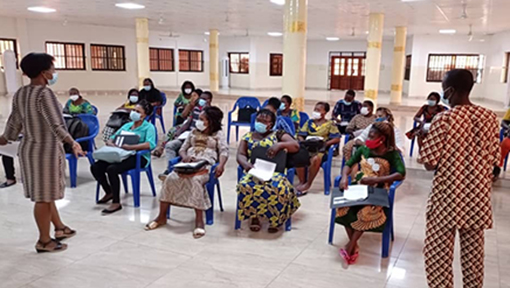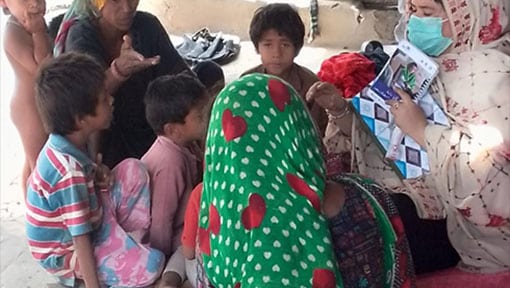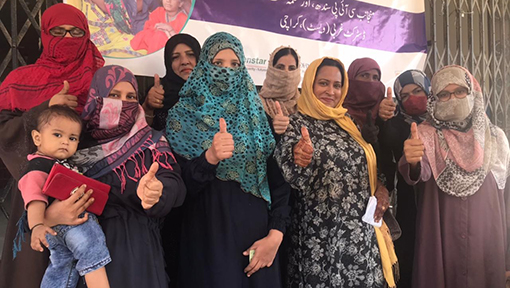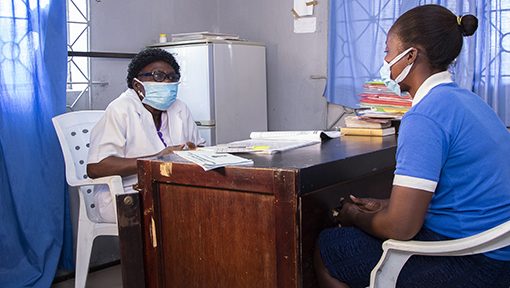Engaging the Private Sector to Ensure Scale Up of High-impact Approaches in Abomey-Calavi, Benin
Contributors: Hugues Gnahoui and Maurice Mensah

This public-private partnership meeting was followed by the signing of collaboration agreements at the Abomey-Calavi town hall.
When The Challenge Initiative (TCI) began working in Abomey-Calavi, Benin, the public health system did not have a formal agreement for collaborating with the private health sector. Abomey-Calavi has 229 private facilities compared to 17 public health facilities. As a result, around 80% of women of reproductive age seek family planning services from the city’s private sector.
During the first phase of TCI’s engagement with Abomey-Calavi (February 2019 to September 2020), it was not possible to engage the private sector because the Beninese government decided to close all private sector facilities in 2019 because so few were operating according to the Ministry of Health’s (MOH’s) standards of care. The situation evolved considerably in 2020 when several private health facilities reopened after demonstrating that they were in compliance.
The city’s Technical Program Management Unit (UTG) – which is comprised of representatives of the public health system and municipality who received coaching support from TCI – then decided to expand their integrated family planning and adolescent and youth sexual and reproductive health program by engaging the private sector. The UTG selected 47 private facilities (about 20% of the private health facilities in Abomey-Calavi) that were recognized as in compliance with MOH’s standards of care to be coached on how to implement TCI’s high-impact family planning interventions to increase access and quality of services. In return, the private sector facilities agreed to provide their data to the public health system.
Scaling up TCI’s high-impact interventions – particularly universal referral, FP Special Days and postpartum family planning – to private sector facilities will ensure more women of reproductive age in Abomey-Calavi have access to quality family planning services. In addition, having an agreement in place to share data from the private sector with the public sector will help the public health system better understand and plan for the needs of its community.
With TCI’s technical support and coaching, a collaboration framework between the public health system and private health facilities now exists. It not only ensures the scale up of TCI’s high-impact interventions, but enables the health zone to support private facilities to provide quality family planning services. The framework ensures the availability of contraceptive products and data collection tools. It also includes private health facility staff in quarterly supportive supervision sessions provided by the public health system.






